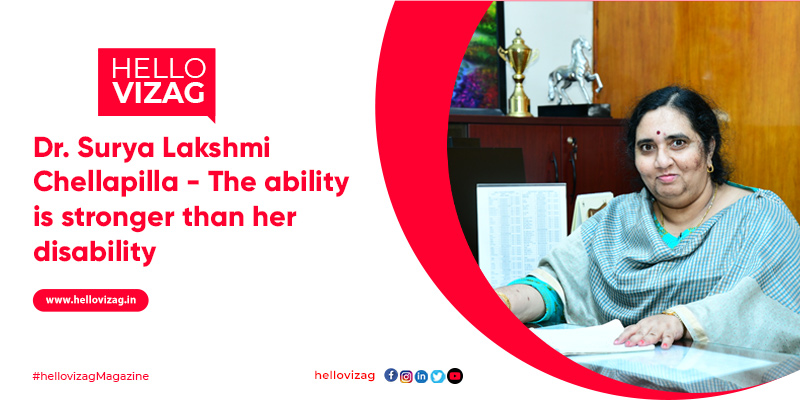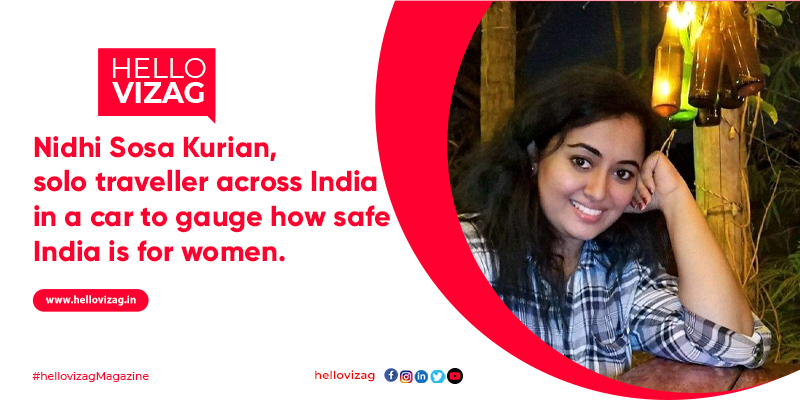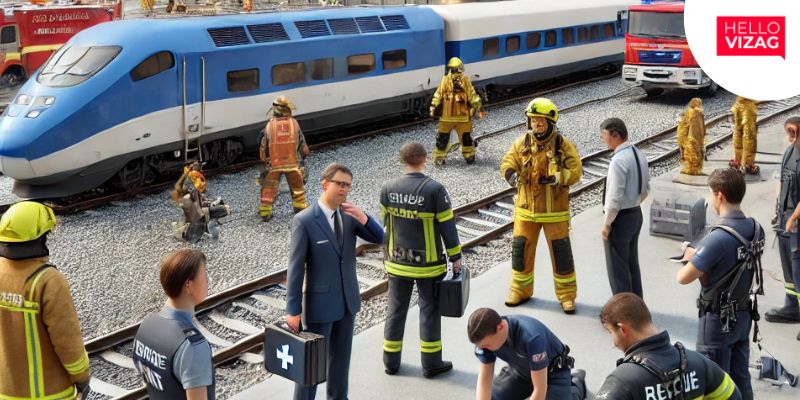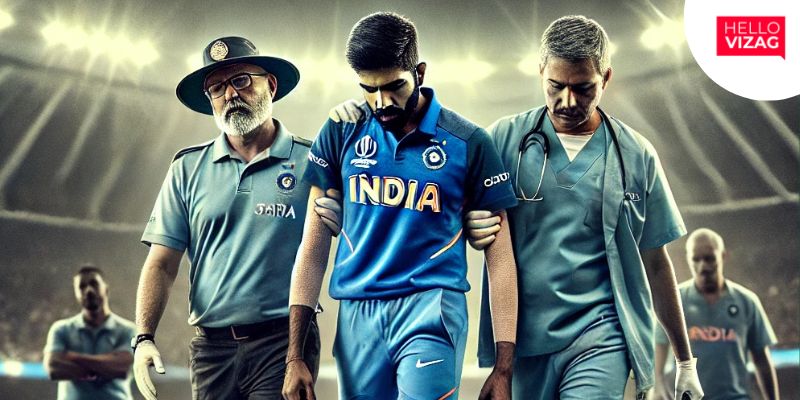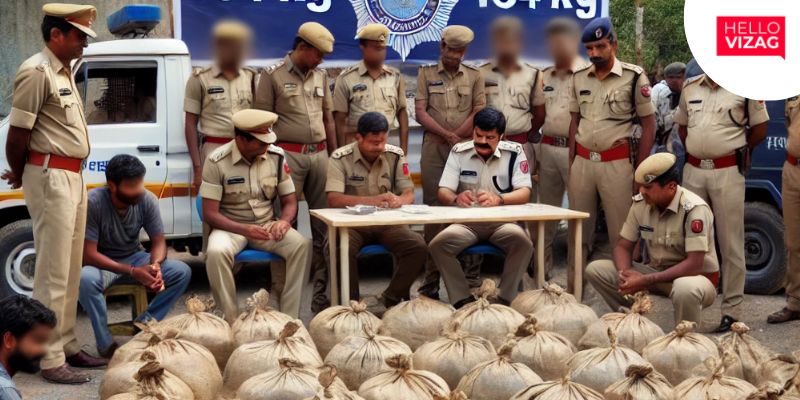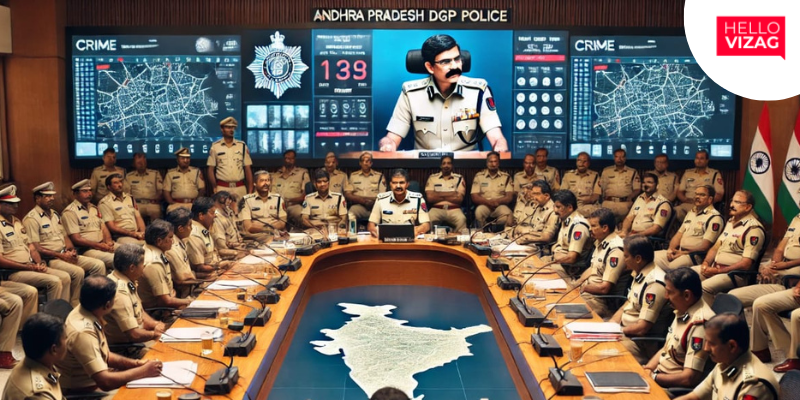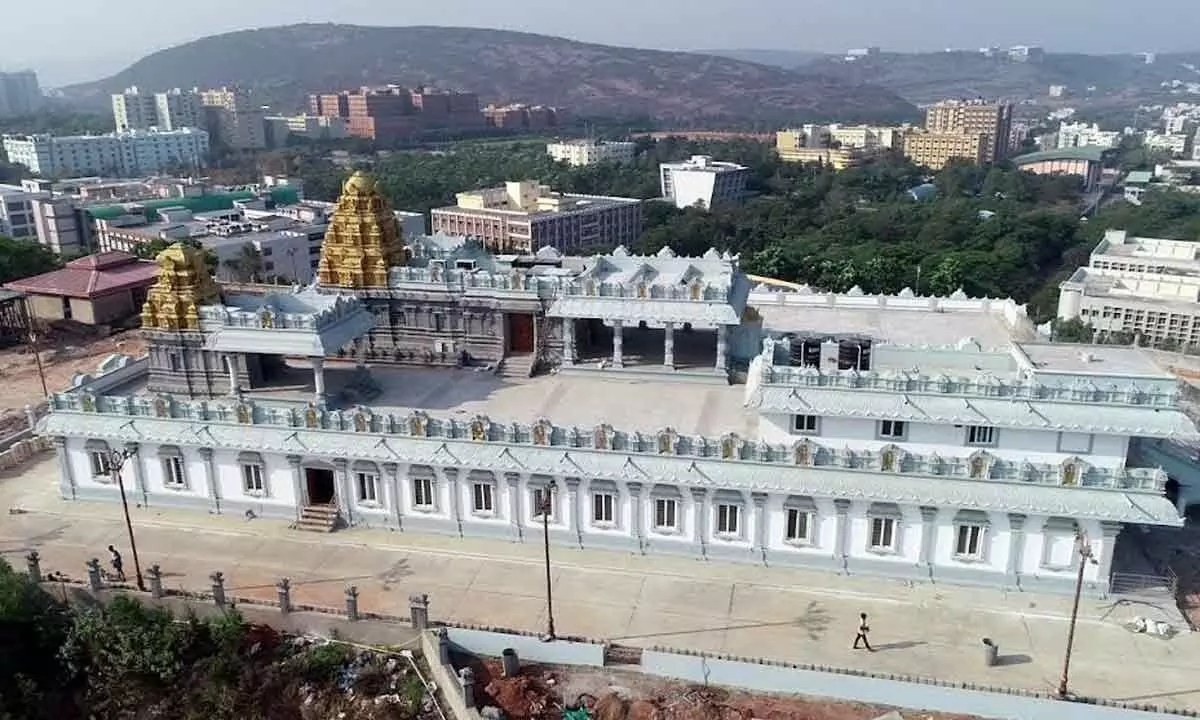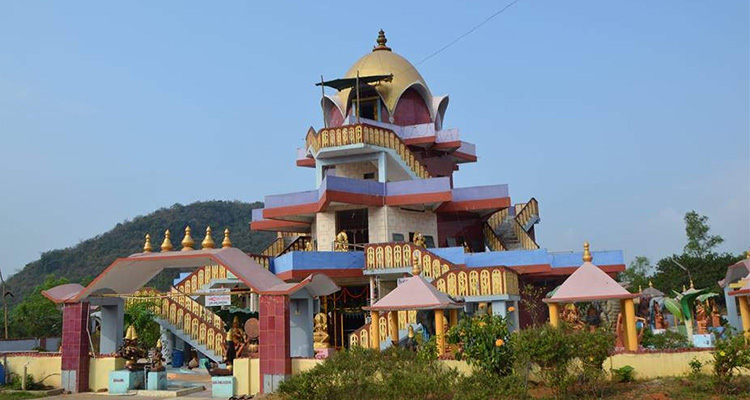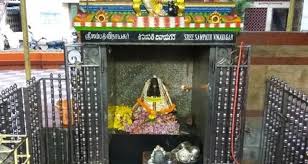Dr. D. Raghunatharao - A beacon of Hope for Cancer Patients
Of all the battles people fight in life, perhaps nothing equals the pain and trauma of the disease, especially cancer. It is bitter, but that is the truth. Six crore Indian citizens are pushed below the poverty line every year because of treatment costs associated with cancer in their families. While 16 lakh new cancer cases are diagnosed every year, the annual mortality is eight lakhs. The current health infrastructure is grossly inadequate to handle the growing problem of cancer.
Dr. Digumarti Raghunadharao, a man with a mission mode to extend affordable services to needy cancer patients. Very few people know that he is the man behind the scenes for setting up Homi Bhabha Cancer Hospital and Research Centre at Aganampudi in Visakhapatnam. Here, one can see the poorest of the poor and the not-so-rich finding a glimmer of hope for the best treatment, at an affordable cost. At present, the hospital is functioning from containers that are converted into consulting rooms with the latest equipment for screening of breast, oral, and cervical cancer all under one roof. Each room is aptly named after a river – starting from those of Andhra Pradesh to those without.
In times of commercialization in the medical sector, Dr. Raghunadharao puts society and people first. He has been and continues to be a beacon of hope for those who have been stricken with that six-letter (Cancer)
word that no one ever wants to hear. Hundreds of thousands of patients are still alive, leading hopeful lives because of the wonderful institutions he mentored in the past. For a patient like J Chanda, 44, he is more than a saviour. For her, there is an effervescent hope that one day she will conquer this dreaded disease. She, who was treated for breast cancer remains excellent due to the heartfelt care and compassion received from each one of the professionals at HBCH&RC. Full of hope now, both for herself and for others, Chanda says, I try to dispel others' fears and tell them about my own progress and try to build hope in others as they pass through the dark days of their lives.
It was little surprise then that the prestigious Dr B.C. Roy National Award was bestowed on Dr Digumarti Raghunadharao in 2017 by the Medical Council of India for his contributions to the growth and establishment of oncology in India. He won the award in the category: ‘To recognize the best talent in encouraging the development of specialties in different branches of medicine (oncology). In this year 2020, he was conferred with the Life Time Achievement Award by the Indian Co-operative Oncology Network (ICON) for his pioneering endeavors for the establishment of cancer centers, medical oncology departments, and courses, doctoral labs, cancer registries, and cancer units.
During his stay with HBCH & RC, he organized field camps along with his wife, Dr. D Leela, a Gynaecological Oncologist, through a unique program called Mother-Daughter Pairs. Whereas the mothers between 30 to 35 in age are thoroughly screened, the daughters in the age group of 9 to 14 were vaccinated for the Human Papillomavirus (HPV), which causes cervical cancer, the second most commonly diagnosed cancer in India. The aim of this program was to educate and empower women – from adolescence to young adulthood, on the importance of screening and prevention of cancer, especially breast, oral and cervical cancer. Since the pillar of the family is the ‘mother’, it is imperative that she is made aware of the importance of screening and prevention. Sowing the seeds of knowledge about the prevention of cancer in young girls – the future pillars of each family of this nation – is the key to empowerment.
Speaking exclusively to Hello Vizag, Dr. Raghunadharao said, “I enjoy meeting challenges, making the most of opportunities. I succeeded in starting a training program, a Ph.D. Program, Collaborative Research, Epidemiologic Studies, and Cancer Registries. Apart from developing a clinical research ward measuring up to world standards, I also established a Clinical Research Unit for cancer drugs, for the first time in India. All this was possible purely through intense networking.”
“I worked in Hyderabad for 24 years, from 1989 to 2013. It was a great experience; I started the Twin Cities Cancer Club and Hyderabad Metropolitan Cancer Registry”. In 2019, he was elected as Fellow of the Royal College of Physicians (FRCP) London for the mark of his achievement and skill as a doctor which recognizes his ongoing contribution to the profession”.
Besides being the first medical oncologist of (united) Andhra Pradesh, he has many firsts to his credit, including establishing the first Medical Oncology department and a comprehensive cancer care center in 1989, setting up clinical research the facility in 1992, starting a DM Medical Oncology Course in 2005 and establishing the first population-based Cancer Registry in 2012 in Andhra Pradesh at the NIMS.
He was quick to point out that many medications, which are currently being prescribed for cancer treatment had undergone trials at the NIMS. “I had been passionate about experimental medicine since I was a student. I spent most of my time in the laboratory during my MD. I learnt drug development techniques and ethical principles of drug trials at the Princess Margaret Hospital in Toronto,” says Raghunadharao.
When it comes to communicating risk, cancer occupies a unique and unfortunate space. For some doctors in India, even after years of experience in spending in the shadow of a cancer diagnosis becomes gut-wrenching difficult to disclose the report of the dark shadows on scans visible but quiet, forces to find explanations patients can relate to. According to psychiatrists, the close link of cancer with death is behind the silence. But not knowing could also be traumatic. A cancer patient goes through a gamut of emotions; " shock, denial, bargaining (why me), dialogue (what did I do wrong), grief, depression/ anxiety and finally acceptance. Sometimes patients visit the doctor alone, many of them already knowing the truth but too shocked to accept it.
But not all patients have difficulty accepting the truth. But for breast cancer patients like J Chanda, Dr. Raghunatharao tried to make the process of acceptance easy, breaking the bad news in such a way that hope does not seem lost. If a patient has two years to live, they say diplomatically that its two years of critical phase”.
For the past decade and a half, he has been offering a free course on soft skills to trainee medical oncologists from all over the country – which includes communication skills, especially breaking bad news – verbal, non-verbal, written and platform presentations. Needless to say, the course is most highly sought after.
For cancer specialists, the challenge is long-term remission. A cancer diagnosis is obviously frightening for the patient but each time, it also signals the start of a new journey. For the Doctor, it means getting to know a patient intimately, breathing someone’s hopes and dreams, helping navigate a tightrope between hope and reality, and wondering all the while what “average overall survival” will look like for that individual. It means accepting that although all death is inevitable, the patients who grow to like and admire might die sooner than seems fair.
While oncologists are the best-placed people to deliver all survivorship care. It is best to advocate such a seamless integration of palliative care with cancer care. Ensuring the right to die with dignity and pain relief is recognized as a basic human right. But the real tragedy of cancer continues to unfold beyond the borders of the developed world. To add to this injustice, most cancer patients are forced to die raw, painful deaths because they lack access to a drug as vital as morphine. It is a cruel irony that while select countries groan under an opioid epidemic, the rest of the world is crying out for pain relief due to restrictive government policies and misunderstanding about the use of opioids in palliative care.
Declaring any kind of victory over cancer would be to ignore the plight of our fellow citizens. While at the HBCH & RC, Dr. Raghunadharao pioneered the establishment of a Palliative Care Division – the first of its kind, not only in AP but amongst several cancer hospitals in the country, in all its aspects – a clinic with extension of home care and hospice for the respite of both family and patient, in conjunction with the Sneha Sandhya Age Care Foundation.
After superannuating from the Homi Bhabha Cancer Hospital and Research Centre (HBCH & RC) in 2020, now he is working at the RINL (Rashtriya Ispat Nigam Ltd, also known as Vizag Steel) as Oncology Advisor.
Last but not the least, Dr. Rao said, “I can now work unfettered towards translation of some of my unrealized dreams to reality; concentrating on building of community-based programs in the entire spectrum of cancer care – from prevention & screening to palliation, through treatment and rehabilitation. The need of the hour is to bring together several willing hands and intelligent minds to achieve this worthy goal”.

